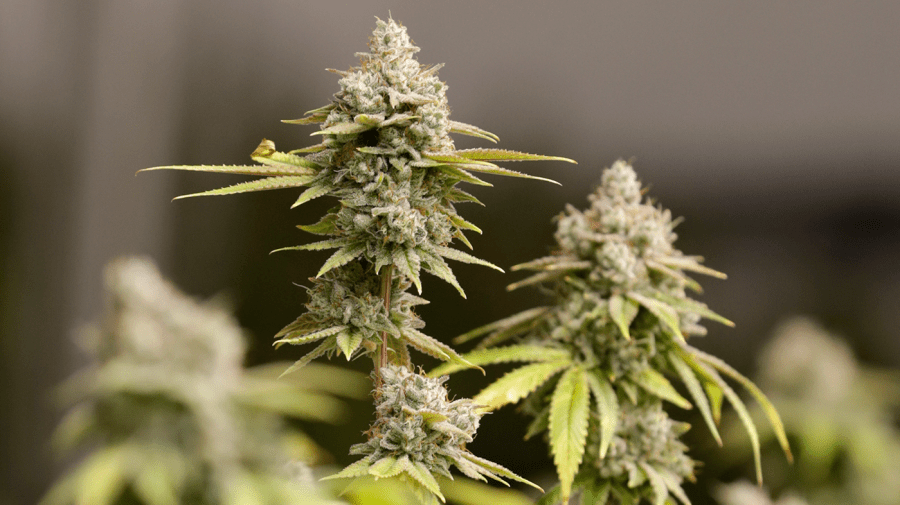Recent research indicates that legalizing marijuana may significantly reduce opioid-related deaths in the United States. States that legalized recreational marijuana in the early 2000s reported a marked decrease in opioid fatalities, highlighting a potential public health strategy to combat the ongoing opioid crisis.
The study, conducted by researchers affiliated with the National Institute on Drug Abuse, analyzed data from states that implemented recreational marijuana laws. The findings revealed that those states experienced a larger decline in opioid deaths compared to states where marijuana remains illegal.
Key Findings on Opioid Death Rates
According to the data, states that legalized marijuana prior to 2005 saw an average reduction of 25% in opioid overdose deaths within the first few years following legalization. This trend appears to suggest a correlation between the availability of marijuana and a decrease in opioid use, as individuals may turn to cannabis as an alternative for pain management.
The opioid crisis has reached critical levels in the United States, with the Centers for Disease Control and Prevention (CDC) reporting that over 81,000 opioid-related deaths occurred in 2021. As policymakers and health officials search for effective solutions, these findings could inform future legislation regarding cannabis use.
Additionally, the research underscores the need for comprehensive drug policy reform. Advocates for marijuana legalization argue that integrating cannabis into a broader strategy may alleviate some of the pressures associated with opioid prescriptions and misuse.
Implications for Public Health Policy
The implications of this study could influence public health policy on multiple levels. Legalizing marijuana not only addresses potential health benefits but also opens economic avenues through taxation and regulation. States like California and Colorado, which have embraced recreational cannabis, have seen both economic growth and shifts in drug-related health outcomes.
As the debate surrounding marijuana legalization continues, this research provides critical evidence that could persuade lawmakers to consider legalization as a viable public health intervention. By reducing opioid dependency, states may also enhance overall community health and safety.
In conclusion, the relationship between marijuana legalization and opioid death rates presents an important opportunity for further exploration. As states gather more data and experience the impacts of their drug policies, the findings from this research could serve as a pivotal guide in addressing the opioid crisis effectively.







